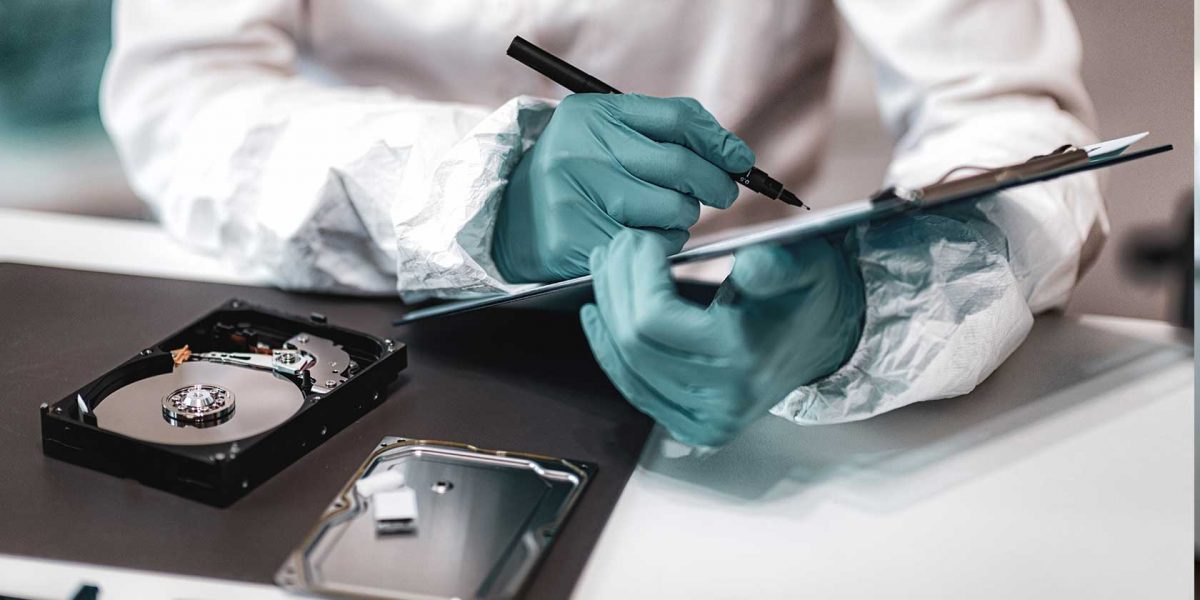As data types evolve at a breakneck pace, outpacing the evolution of discovery laws, the breadth of discoverable data continues to grow daily. This expansion challenges the legal procedures and applications designed to govern eDiscovery Services.
While expanding the scope of data to be identified, preserved, collected, and reviewed will slow the process of discovery down and increase costs, it’s becoming increasingly necessary to make sure that the law is applied fairly. The types of data that are now entering the eDiscovery process have become increasingly complex, and they’ve gone far beyond the realm of social media posts or email chains.
Let’s look at three new types of data sets to make big impacts over the next few years.
Data Provided by Mobile Units
While cell phone records have long been requested in discovery, counsel from each side are now digging much deeper into the data our mobile devices provide to assess the evidence. For instance, there are now instances of the data supplied by Fitbits or pacemakers being investigated to challenge a defendant’s story in criminal proceedings.
This advance is crucial because, for the first time, the data can corroborate the evidence provided by eyewitness testimony. For example, if a witness described the defendant as in a heightened state of distress, time-stamped heart rate data from wearable tech can help refute or support those statements.
Big Data – Mined and Analyzed by Artificial Intelligence
While so-called “big data” has existed for quite some time, its utility in a legal context has been limited due to a lack of ability to effectively process and evaluate it. But the advent of complex machine learning algorithms has changed all of that. Artificial intelligence can now help to both mine and analyze large data sets to isolate patterns of behavior or “smoking guns”.
An increasingly common use for this type of data is within employment cases. AI-driven algorithms can sift through billions of GPS data points to unearth patterns of worker behavior such as regularly detouring from set routes, taking extended lunch breaks, or consistently finishing work early. Learn more about AI data types in our blog “eDiscovery Meets AI: 3 Big Changes You Should Expect”. This data can stretch back as far as a decade, unearthing plenty of evidence to support employers – or indeed, employees – surrounding claims made about regular working practices.
Biological Data
What constitutes discoverable data is set to become even more exotic, with genetic material now definable by data. Both virus genomes and bacterial genomes such as E. coli have been synthesized in laboratory settings, meaning they can, in effect, be “printed”. Several companies have used genome editing to make everything from foodstuffs to fuels, all of which have electronic copies.
While in its infancy, the area of data-defined organisms is set to grow in the realm of discovery – mainly because their existence will be so critical to many intellectual property cases over the coming decade. However, concerns are surrounding future criminal cases within this arena, since who “created” or “printed” the organism could be challenging to prove.
Laws Need to Adapt to Ever-Evolving Data
The emergence of these new data types exemplifies the continual expansion of what constitutes “data” in an e-discovery context. Those in the legal community need to consider how the current laws may need to be updated to accommodate the onset of these new types of data. Some are incredibly complex, while others can be tiny; either way, their relevance to legal proceedings are no less relevant. Check out our next blog on this topic “The Practical Guide to Managing e-Discovery in a Crisis”.
Thanks for reading! If you enjoyed this article, let us know in the comments and feel free to share it on social media! Please contact us with any questions or concerns. At First Legal, we’re here for you from File Thru Trial™!






